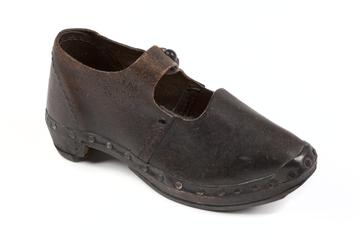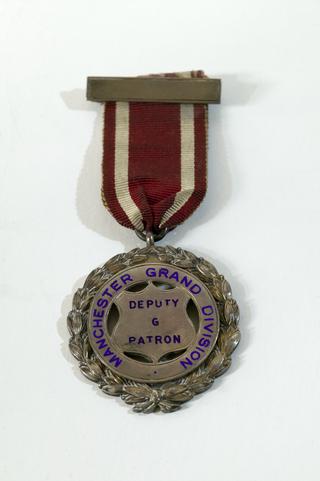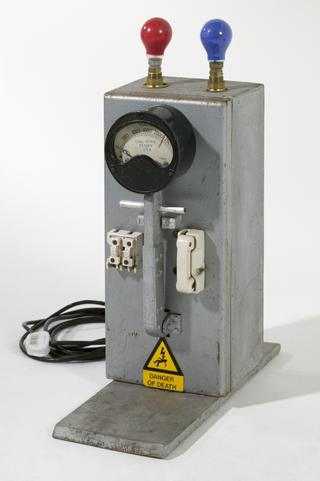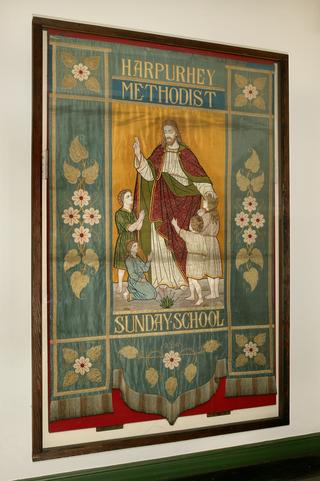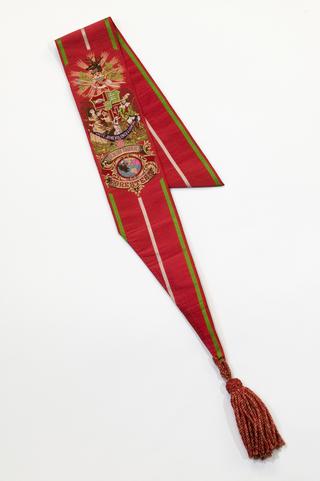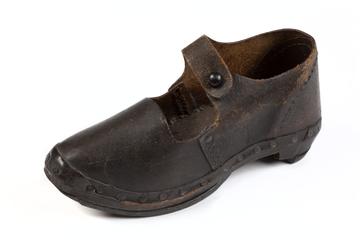
Pair of shoes worn by Sir William Mather Esq
- Made:
- 1870-1900 in Manchester


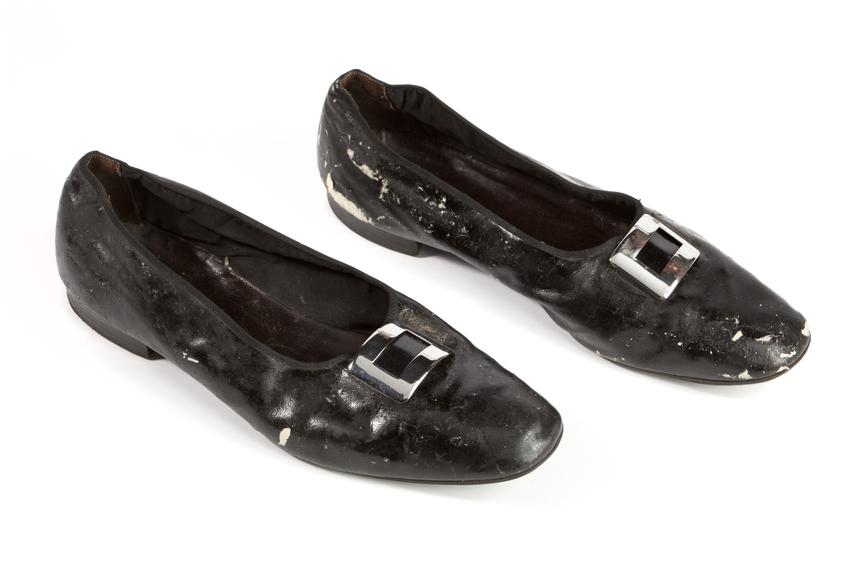

Pair of shoes worn by Sir William Mather Esq, of Mather & Platt
Despite the changes in fashion during the 19th century, court suits resemble the type of clothes a late 18th-century gentleman might have worn. They were cut in the style of fashionable 1790s men's clothing, with waistcoat, tailcoat, knee-breeches worn with silk stockings, buckled shoes, a sword with a cut-steel hilt and a bicorne hat. Court suits were worn at ceremonial occasions by people who held civic positions that did not have a specific professional uniform.
William Mather (1838 – 1920) born in Manchester, was a successful businessman and politician.
He had an extensive and formative education both in Manchester and Germany. This set him up to join the family engineering business. His education was practical as well as academic. Time spent as an apprentice gave him a lifelong appreciation for workers' rights and conditions. He pioneered the eight-hour working day and promoted technical education. He also became a member of Parliament for the Liberal Party. First elected in 1885, for the southern division of Salford, he later represented Gorton, then Rossendale.
William Mather joined the engineering firm Mather & Platt at a young age. The firm was established in 1852 when Colin Mather, William’s uncle, and William’s father, also called William, entered into a partnership with William Wilkinson Platt based at the Salford Iron Works. William Mather became Assistant Manager in 1858, was made partner in 1862 and took over running of the business in 1868. When, in 1892, Mather & Platt became a limited company William Mather was appointed as Chairman.
William Mather was knighted in 1902 and retired in 1916. He died at his home in the New Forest in 1920.
Details
- Category:
- Local History
- Object Number:
- Y2012.14.5
- Materials:
- leather
- Measurements:
-
Overall: 90 mm x 290 mm, 461 g
- type:
- shoe
- credit:
- Gift of Peter Mather
